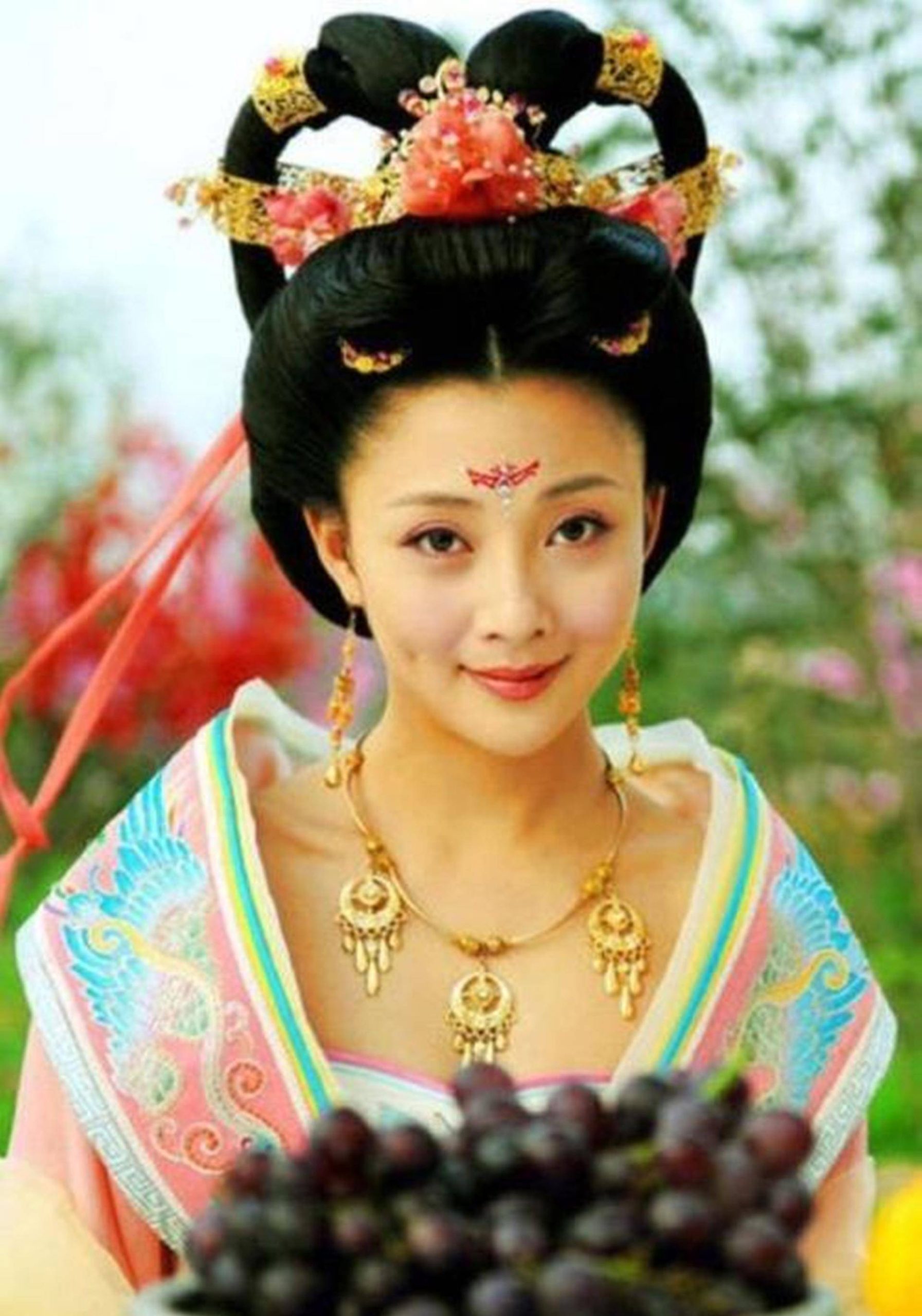The Tang Dynasty was the most prosperous period of poetry and culture in Chinese history, with literati and poets leading the way with their own characteristics. It not only reflected the social history and major political events of the Tang Dynasty, but also touched upon various fields of daily life and their subtle details. In addition to Li Bai and Du Fu, there were also many talented women at that time. Apart from Shangguan Wan’er, who transformed from a servant to a “female figure”, there was also a folk talented woman who was popular in the Jiangnan area, and Du Qiuniang, a courtesan, was one of the outstanding ones.

The records of Du Qiuniang in official history are extremely brief. She was originally from Runzhou (Zhenjiang). Although she came from a humble background, her temperament, talent, and appearance were all outstanding. At the age of fifteen, Li Qi, the military governor of Zhenhai, bought her into the mansion as a courtesan for a large sum of money. Later, in order to please Li Qi, Du Qiuniang wrote and composed a song called “Golden Thread Clothes” by herself. So, at a family banquet, Du Qiuniang was taken as a concubine by Li Qi with this amazing song.
Although Li Qi was a member of the Tang Dynasty royal family, his aspirations were not limited to the position of salt and iron transport commissioner. Later, he began to increase taxes and crazily collect taxes within his jurisdiction. “The Golden Thread Robe” is like an “inspirational poem”, encouraging him to realize his dreams as soon as possible. In the 21st year of the Zhenyuan reign, Emperor Dezong of Tang passed away and was succeeded as Emperor Shunzong of Tang. However, due to his weak health and illness, Emperor Shunzong of Tang passed on the throne to his son Li Chun, also known as Emperor Xianzong of Tang, eight months later. After Tang Xianzong ascended to the throne, he took a series of coercive measures in an attempt to reduce the power of military governors. Li Qi rebelled, but the rebellion was soon defeated by the imperial army. In the second year of Emperor Xianzong’s Yuanhe reign, Li Qi and his son Li Shihui were executed by beheading.
Later, Du Qiuniang, as his concubine, was exiled to the palace as a slave. She used to be a courtesan and continued to work in her profession after entering the palace. Later on, Emperor Xianzong of Tang stumbled upon “The Golden Thread Robe” and was deeply fascinated by it. So, Du Qiuniang completed another transformation of her identity because of this poem and became the Autumn Consort of Emperor Xianzong of Tang. Appointed as a female official in the palace, in charge of Yichun Courtyard. From then on, Du Qiuniang was greatly favored, and her intelligence, profound knowledge, and gentle personality deeply fascinated Emperor Xianzong of Tang. As Du Qiuniang had no children, Tang Xianzong entrusted his beloved son Li Cuo to her for upbringing, which also shows his favor towards her.
In the fifteenth year of Yuanhe, Emperor Xianzong suddenly died inexplicably in the palace, and in the following six years, three emperors (Emperor Muzong of Tang, Emperor Jingzong of Tang, and Emperor Wenzong of Tang) were replaced. Seeing the consecutive violent deaths of three emperors, Du Qiuniang began to conspire with Prime Minister Song Shenxi to eliminate the eunuchs in power and establish Prince Li Cong of Zhangzhou as the emperor. However, Du Qiuniang’s plan was soon discovered by Wang Shoucheng. The result was that Li Ju was demoted to a commoner, Song Shenxi was exiled to Jiangzhou Sima, and in the fifth year of the Dahe era (831 AD), Du Qiuniang was also stripped of her citizenship and returned to her hometown. Her later years were bleak, and she lived a poor life, ending her “flower breaking” years.


